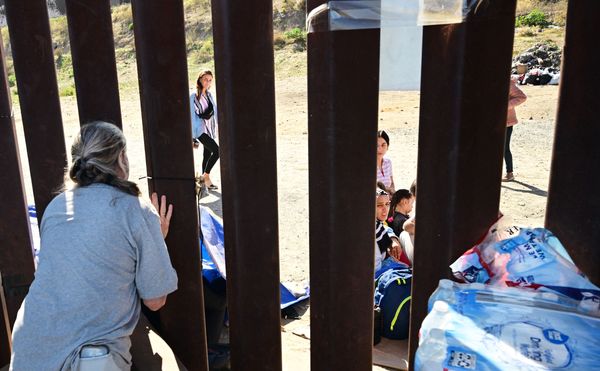
CAVA is hoping to turn grain bowls into green.
The Washington, D.C.-based Mediterranean restaurant chain is testing the market for IPOs as it begins trading on the New York Stock Exchange today under the ticker CAVA. The company announced Wednesday evening it sold 14.4 million shares at the price of $22 per share, which raises about $318 million. The strong pricing is above its previously stated target of $19 to $20 per share, which was already increased from its prior target of $17 to $19. At $22 per share, the company is valued at about $2.45 billion based on its outstanding share count.
“We've seen great reception from the investor community,” said co-founder and CEO Brett Schulman in an interview with Fortune. “They see what we see, which is this significant whitespace opportunity to define a new category and a cultural cuisine that's really growing rapidly every year.”
Investors and IPO prospects alike will be following closely to see if investors are ready to once again embrace unprofitable public companies. After bank failures, persistent inflation, and rocky public markets, even tech unicorns have continued to push off their entrance into the public markets. So far in 2023, there have been only 44 U.S. IPOs. In 2021, there were a total of 397.
Food chains have experienced sales and revenue growth as the public goes back to eating out after pandemic restrictions were lifted. While Schulman is banking on investor appetite for the stock based on the company’s revenue growth and store expansion plans, turbulent markets have punished unprofitable companies. And despite its expansion-fueled revenue growth of about 13% to $564 million last year, the company is operating at a net loss according to its securities filings. (Net losses grew from $37 million to $59 million last year according to the filings––a nearly 60% increase.)
In response to questions about Cava’s profitability and net losses, Schulman pointed to the growth of its stores and cited infrastructure investments, like manufacturing facilities and digital order software, as a way to increase profitability going forward. “We get very excited by the rapid growth of our restaurant level profits,” said Schulman.
Cava is also still in the process of converting its acquired Zoe’s Kitchen closed branches into Cava joints. Schulman explained that converting the branches is about half the price of opening a new branch. Yet when the conversion of the Zoe’s Kitchen branches is finished, which the company expects to be in the fall of 2023, opening new stores will become more capital intensive for Cava. “We expect that the capital expenditure requirements to open a new restaurant will be significantly higher than we have experienced in the past few years,” the company’s filing explains.
When asked about what he would say to those who thought the company’s target valuation was too high given the company’s lack of profitability, Schulman said he is focusing on the product and its plans for expansion. “Valuation is just a reflection of the investor's conviction in the story. We're focused on putting our heads down and doing what we've always done over these last twelve years,” he explained.
On the leadership front, one name closely associated with Cava is the former CEO of fast-casual spot Panera, Ron Shaich. His investment arm financed the Zoe’s Kitchen acquisition, he is the chair of the board of directors, and according to the firm’s filing, he is a stakeholder in the business.
However the stock trades today, the company’s IPO will be closely watched as a bellwether for companies thinking of testing the markets.
See you tomorrow,
Lucy Brewster
Twitter: @lucyrbrewster
Email: Lucille.brewster@fortune.com
Submit a deal for the Term Sheet newsletter here.
Jackson Fordyce curated the deals section of today’s newsletter.







